Handstand Actions
LEAN, GRIP, PUSH
HANDSTAND ACTIONS
Handstand isn’t something we conquer in a single class, it’s a layered process that demands repetition and refinement. There are certain key handstand actions that are non-negotiable: lifting the shoulders up to the ears, rounding through the spine, and gripping the fingers into the ground. These all support stable alignment. Matt’s consistent cueing of “Lean, Grip, Push” is the anchor in every workshop, class, or immersion where handstands are taught. In today’s video, Matt demonstrates a series of drills that highlight these exact foundations, reinforcing how essential they are to every phase of the posture. When these elements work together, they become a recipe for balance, strength, and progression.
3 DAY HANDSTAND TRAINING
REGISTRATION NOW OPEN
- Wrist Strength For Balance
- "Bone Stacking" Techniques For Lighter Handstands
- Shoulder Mobility, Stability, and Bio-Mechanics
- Integrated Core For Alignment For Entrances
- Effective Wall Drills and What To Avoid
- Safe Spotting and How to Support Others
- How to Balance and How to Fall Safely
- Acrobatic Principles For Consistent Balance
- Leg Variations
STRADDLE JUMPING JACKS
The first drill Matt demonstrates is a potent reminder that even the simplest shapes require deep awareness. Straddle jumping jacks refine the handstand actions we aim to ingrain. As we hop the feet wide and together, we maintain the cues: lean forward, grip the ground with our fingers, push through the shoulders, round the back, and keep the elbows straight. When we hop, it’s common to lose structure, fingers relax, elbows bend, and weight dumps into the wrists. But the key is continuity: every second in motion must include the lean, grip, and push.
WATCH THE VIDEO
HANDSTAND ACTIONS: LAYER THE DETAILS, EXPAND THE POSSIBILITIES
TUCK AS PREPARATION FOR STRADDLE
Matt breaks down a tuck-to-straddle progression that keeps us rooted in the core handstand actions. With the back facing a wall, one foot rests on a block while the other leg tucks. The foot on the block transitions between plantar and dorsiflexion to help locate optimal hip-over-shoulder alignment. This small movement fine-tunes our awareness of stacking. The next step is a leg switch—moving from tuck to kick-switch and landing softly with the other foot. Finally, we attempt to hold the tuck shape, continually engaging the lean, grip, and push. This preparatory drill sets a strong foundation before even approaching the full straddle.
200 HOUR ONLINE TEACHER TRAINING
GET CERTIFIED & DEEPEN YOUR YOGA PRACTICE
- Deepen your yoga practice
- Build confidence speaking in front of groups in person and online
- Learn foundational class structures and templates
- Learn techniques for a wide range of yoga postures
- Get certified and highly qualified to teach yoga
- Yoga Alliance Globally Recognized Certification Program
STRADDLE PRACTICE
Building on the straddle jumping jacks and tuck work, we now lean into the full straddle. With legs wide and fingers anchored, we hop into a frog-like position, expanding our legs while keeping our center of gravity aligned with our hands. Over time, we explore transitioning from feet closer together into the wide-leg straddle in the air. For some of us, keeping the feet wide before jumping is a better entry point. The goal isn’t just to hold the shape, but to hold it with integrity — hands grounded, shoulders active, and spine engaged.
300 HOUR ONLINE TEACHER TRAINING
GET 500 HOUR CERTIFIED AS A MASTER TEACHER
Master your skill set as a teacher through refined techniques, anatomy, biomechanics, sequencing, philosophy, meditation techniques, theming, yoga business, and much more!
- Get 500 hour certified
- Learn anatomy, biomechanics, asana techniques
- Expand your teaching skills
- Masterful sequencing and verbal delivery
- Learn meditation and breathwork techniques
- Transformative tools: theming, dharma talks, satsang
CONNECT TO HANDSTAND
Connection comes through consistency. The handstand actions that once required so much mental effort begin to settle into the body over time. Leaning, gripping, pushing, keeping the ribs in, and actively reaching through the shoulders all combine to form the base of control. We learn to identify energy leaks like elbow bends, shoulder collapse, or relaxed fingers and reclaim our structure in the moment. This is the difference between practicing handstand and embodying it. When we layer the details, we expand the possibilities. And with every rep, we get closer to owning the posture, rather than chasing it.
Register for a valuable intensive in person training handstand training here 3 Day Handstand Training
The 200 Hr. Teacher Training: Click Here to See the Next Start Date
The 300 Hr. Advanced Teacher Training: Click Here to See the Next Start Date
Article by Trish Curling
Video Extracted From: Inversion Immersion
ONLINE ANATOMY COURSE
- Accessible, exciting, and easy to learn
- Anatomy and biomechanics for yoga
- Appropriate for both teachers and students
- Learn joint alignment vs pose alignment
- Demystify yoga poses and transitions
- Release aches and pains
- Learn how to avoid common injuries
- Caters to all levels with modifications and props
- 20 hours Continued Education Credits with Yoga Alliance
- 20 hours toward Chromatic Yoga Certification and 300 Hour
- Lifetime access
Continue Learning
Focus On Eagle Pose Legs
Focus On Eagle Pose LegsMECHANICSFOCUS ON EAGLE POSE LEGS When we focus on Eagle Pose legs, it’s tempting to assume the bind is a flexibility test. But this posture quietly reveals something more nuanced: timing, joint mechanics, and how efficiently the legs organize...
Build Connection On The Mat
Build Connection On The MatGROUNDINGBUILD CONNECTION ON THE MAT Building connection on the mat starts at the place we tend to overlook: our feet. If we only practice the “shape” of a posture, we can miss the biomechanics that change how the whole pose feels from the...
Flying Revolved Half Lotus
Flying Revolved Half LotusARM BALANCEFLYING REVOLVED HALF LOTUS Some postures don’t arrive through imitation; they arrive through investigation. Flying Revolved Half Lotus is one of those shapes. It borrows familiar ingredients like Side Crow mechanics, hip opening,...
Eka Pada Bakasana
Eka Pada BakasanaSINGLE LEG CROWEKA PADA BAKASANA Eka Pada Bakasana asks us to balance curiosity with patience. This one-legged crow variation isn’t just about lifting a leg, it’s about organizing pressure, timing, and trust in unfamiliar territory. The posture...
Eight Angle Pose
Eight Angle PoseASTAVAKRASANAEIGHT ANGLE POSE Sometimes we think arm balances are about getting higher, but Matt reframes Eight Angle pose as a mechanics workshop. This posture thrives when we test rotation, pelvic placement, and upper-body stability as interconnected...
Approachable Arm Balances
Approachable Arm BalancesPARSVA BAKASANAAPPROACHABLE ARM BALANCES Approachable arm balances aren’t about fearlessness; they’re about informed action. When we understand the mechanics behind the posture, we gain the power to shape our own outcomes. Rather than jumping...
THE FREE TECHNIQUE PACK
When You Subscribe, You Will Get Instant Access to
- the Technique Pack: 15 yoga pose breakdowns
- exclusive online course discounts
- exclusive blogs and videos
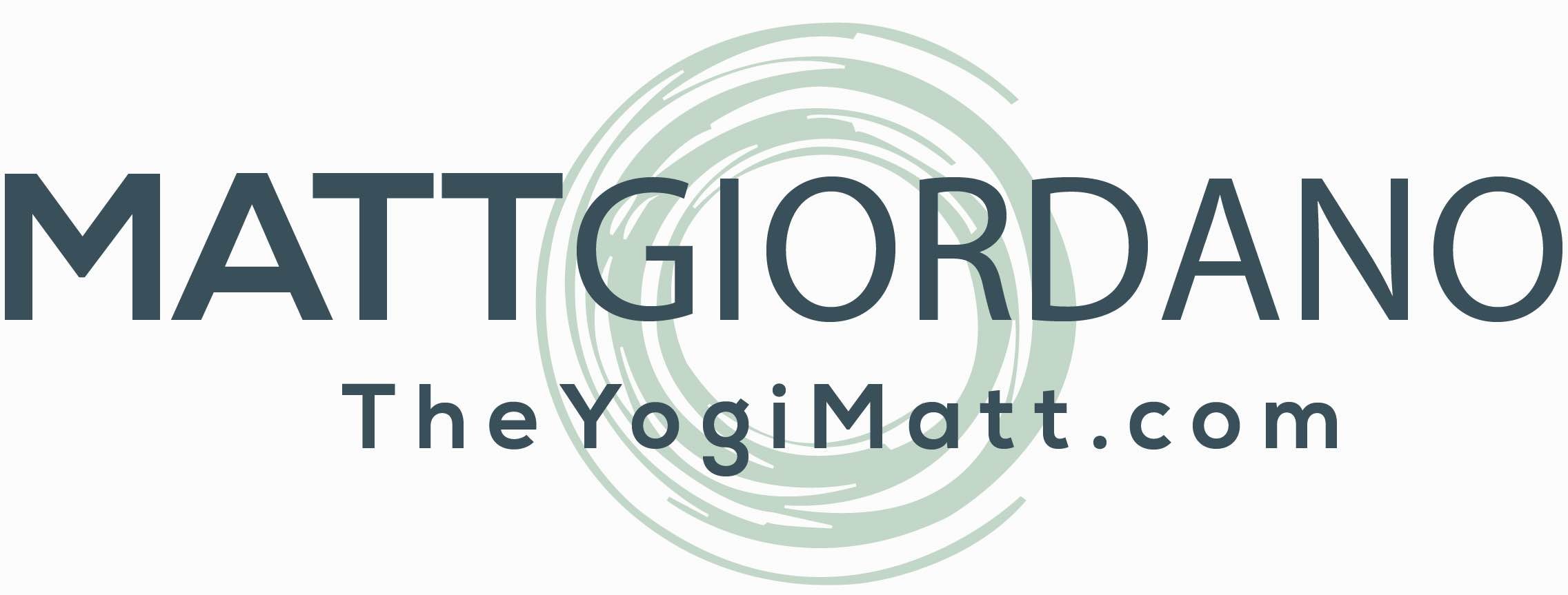
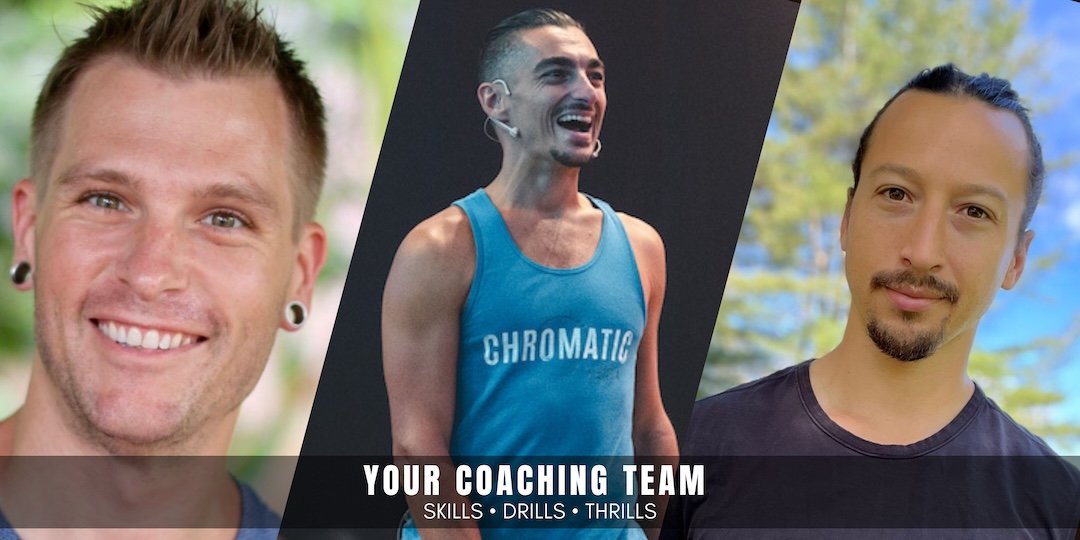



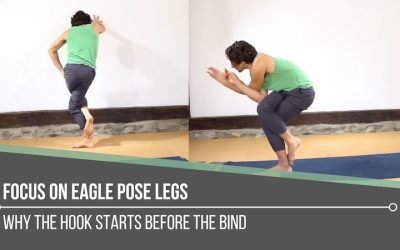
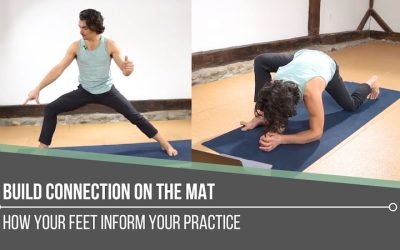
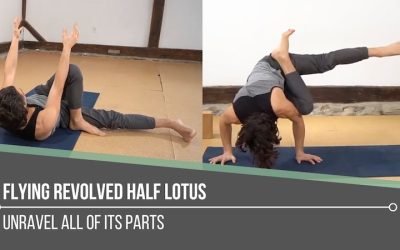
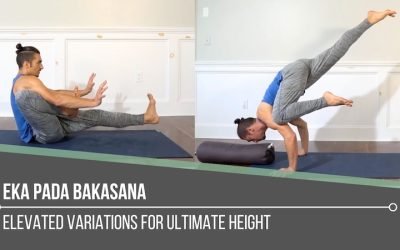
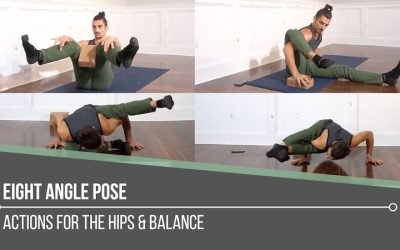
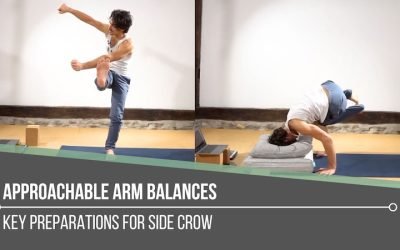
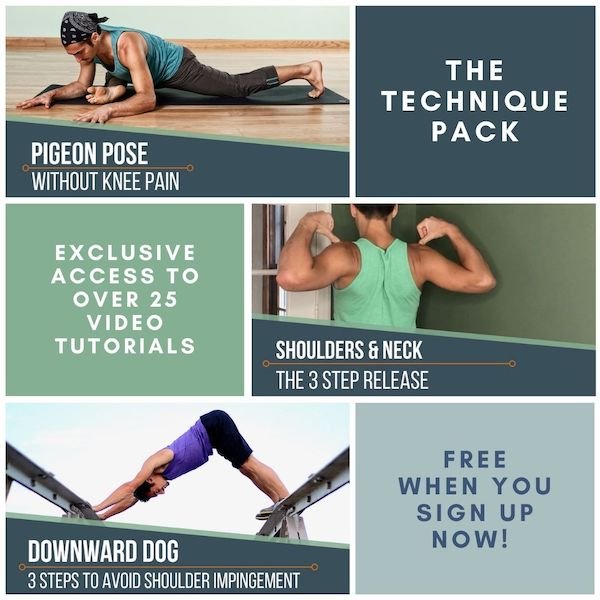
1 Comment